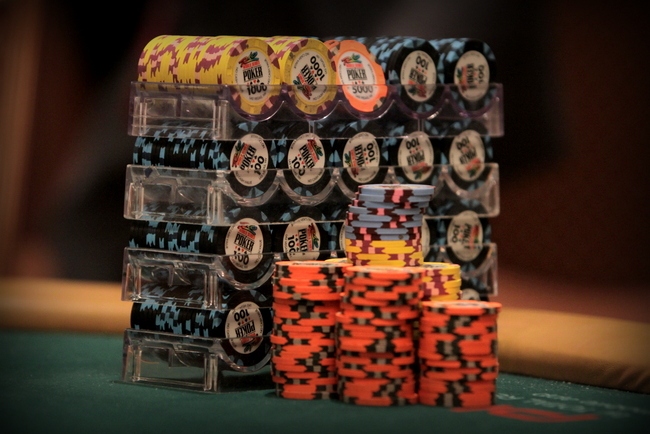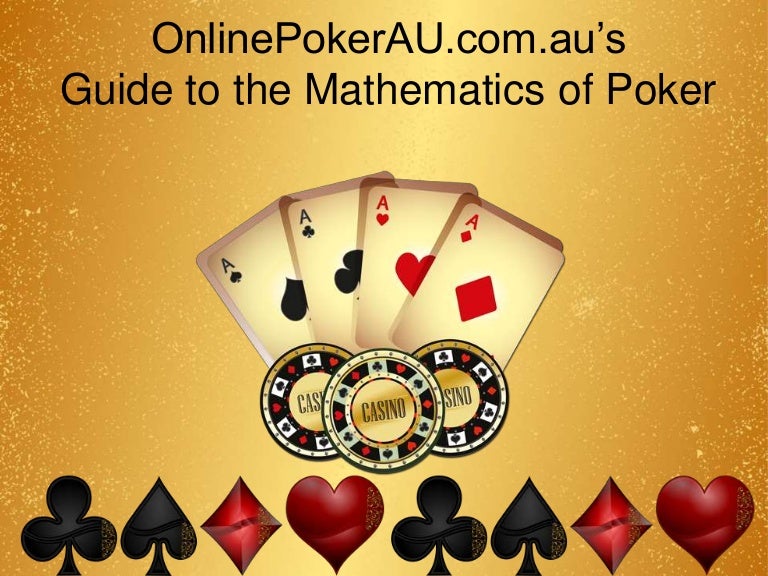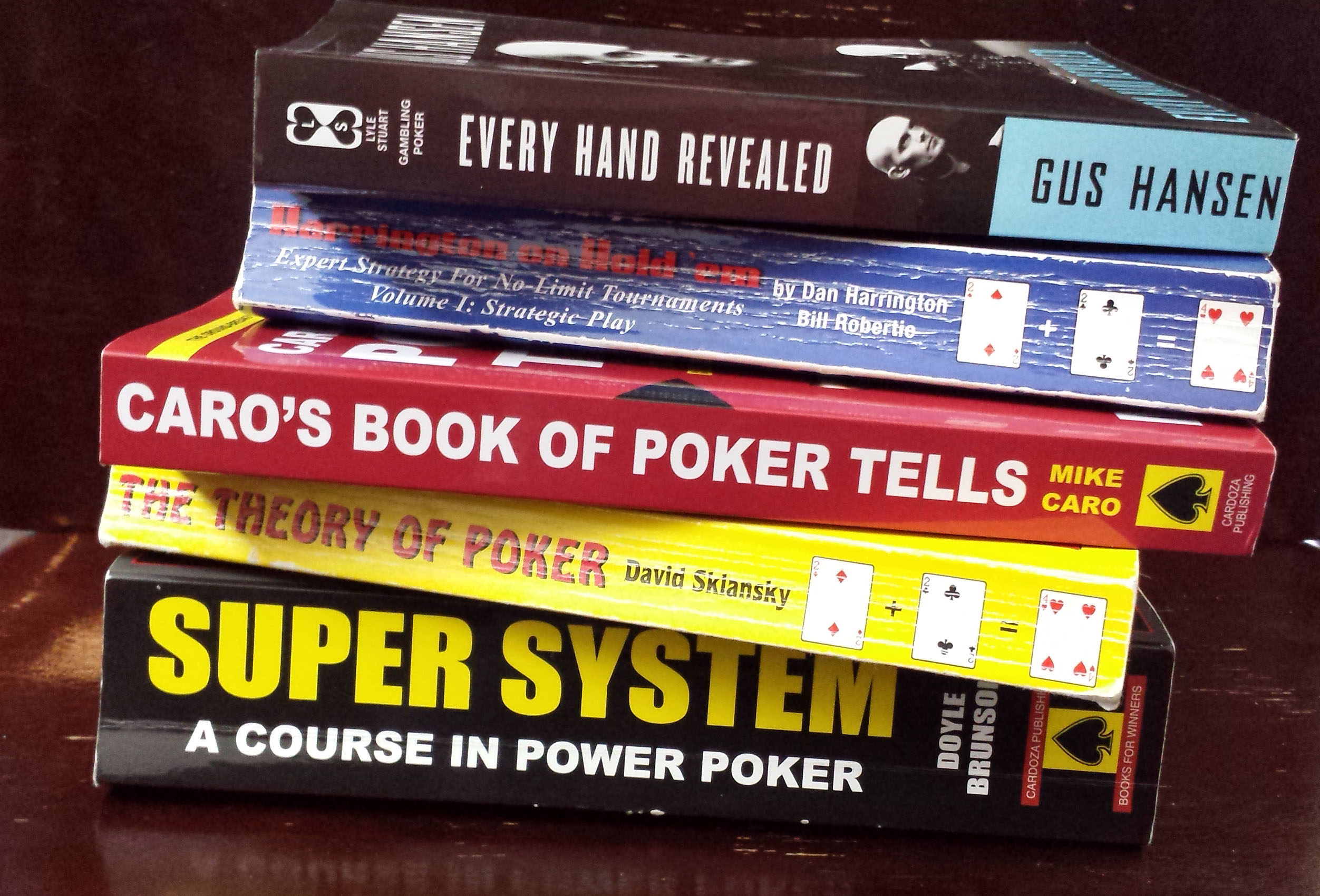

- Thirty years ago the bond and option markets were dominated by traders who had learned their craft by experience. By the mid-1990s the old school grizzled traders had been replaced by a new breed of quantitative analysts, applying mathematics to the 'art' of trading and making of it a.
- This project is part of an ongoing program focusing on mathematical questions in game theory, and in particular on mathematical models of poker and poker-like games. This is an active area of research at the interface of mathematics and economics with a wide range of real-world applications.
- There are a few key math considerations to be aware of in any poker game. Basic Probability. When it comes to poker and math there are some numbers that serve as the starting point for all math-based strategy. Every deck has 52 cards, which are divided into four suits. That means there are 13 cards of each suit.
- Math of Poker - Basics The game of poker is a card game played among two or more players for several rounds. There are several varieties of the game, but they all tend to have these aspects in common: The game begins with each player putting down money allocated for betting.
The intent of this book is to provide an introduction to quantitative techniques as applied to poker and to a branch of mathematics that is particularly applicable to poker, game theory. There are mathematical techniques that can be applied for poker that are difficult and complex. But most of the mathematics of poker is really not terribly difficult, and the authors have sought to make seemingly difficult topics accessible to players without a very strong mathematical.


The Mathematics Of Poker Epub
Faculty Member

This project is part of an ongoing program focusing on mathematical
questions in game theory, and in particular on mathematical models of
poker and poker-like games. This is an active area of research at the
interface of mathematics and economics with a wide range of
real-world applications. In past editions of this project we have
investigated questions such as optimal levels of bluffing and the effect
of skill versus luck on the outcome of a game. Since Fall 2017
we have been focusing on exploring and extending a three-player poker
model proposed by John Nash and Lloyd Shapley. We will likely continue
this direction in Fall 2018.
The Mathematics Of Poker
Team Meetings
Project Difficulty
Undergrad Prerequisites
Students should have completed Math 241 (or equivalent) with a grade of
A- or better. Some familiarity with Game Theory may be beneficial, but
is not required. For the experimental aspects of the project, strong
programming skills, especially with Mathematica, would be desirable.
Experience with poker and poker-like games would be a plus, but is not
essential.